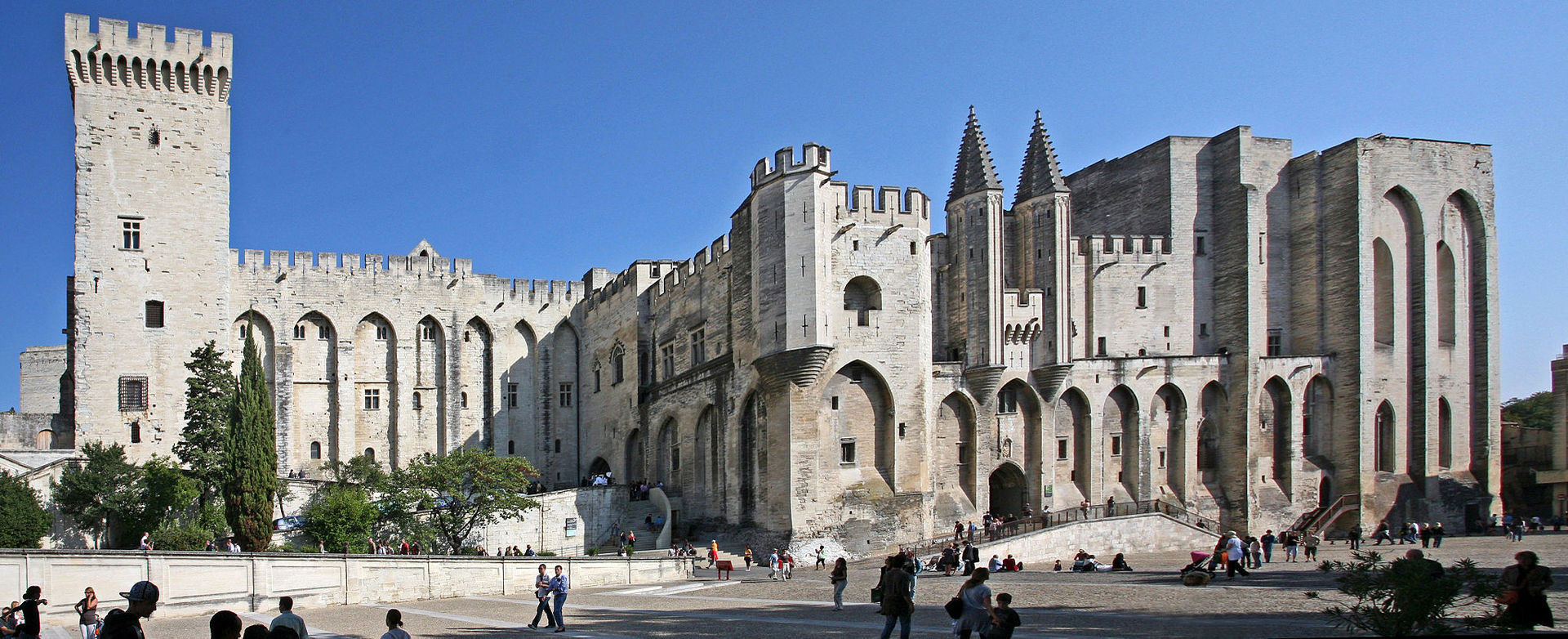
Story Highlights
- Historical event:
- 6 July 1348
- The plague known as "Black Death" was the largest epidemic in the history of Europe and killed somewhere between 30% and 60% of the entire population. The Pope stated in his bull that those who accuse the Jews for the plague are seduced by the liar Devil. The plague, of course, was not caused by the Jews, but the bacteria with the Latin name Yersinia pestis. Just to mention, Pope Clement VI reigned from Avignon, from the magnificent papal palace, which still exists today.
On this day, Pope Clement VI issued a papal bull, in which he condemned the violence against the Jews.
Namely, many Europeans at that time accused the Jews for causing the great epidemic of plague, the so-called Black Death.
It was the largest epidemic in the history of Europe and it is estimated that it killed somewhere between 30% and 60% of the entire population of Europe.
The peak of the epidemic was from 1348 till 1350. The Pope stated in his bull that those who accuse the Jews for the plague are seduced by the liar Devil.
He urged clergy to protect the Jews, as he did. Just to note, Clement VI was the fourth Avignon pope and a Frenchman by nationality, born under the name Pierre Roger.
The plague, of course, was not caused by the Jews, but the bacteria with the Latin name Yersinia pestis.
It seems that the disease originated in China or Central Asia, from where it spread along the Silk Road to the Black Sea, and then by Genoa’s galleys throughout Europe.
It is assumed that the germs of plague were transmitted by fleas that lived on black rats.
These rats, namely, were regular stowaways on merchant ships and thus ensured the expansion of the most terrifying disease in the history of Europe.




